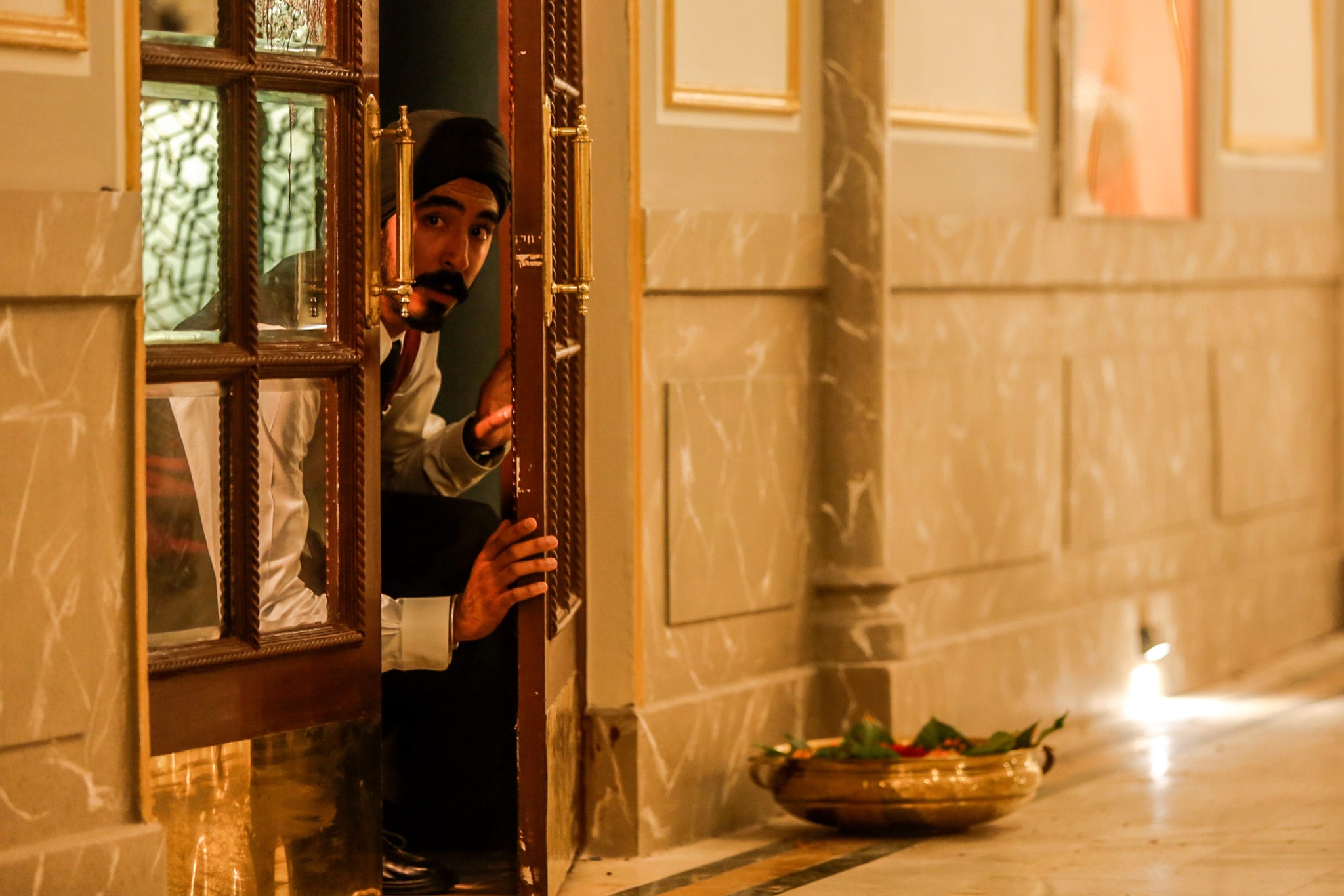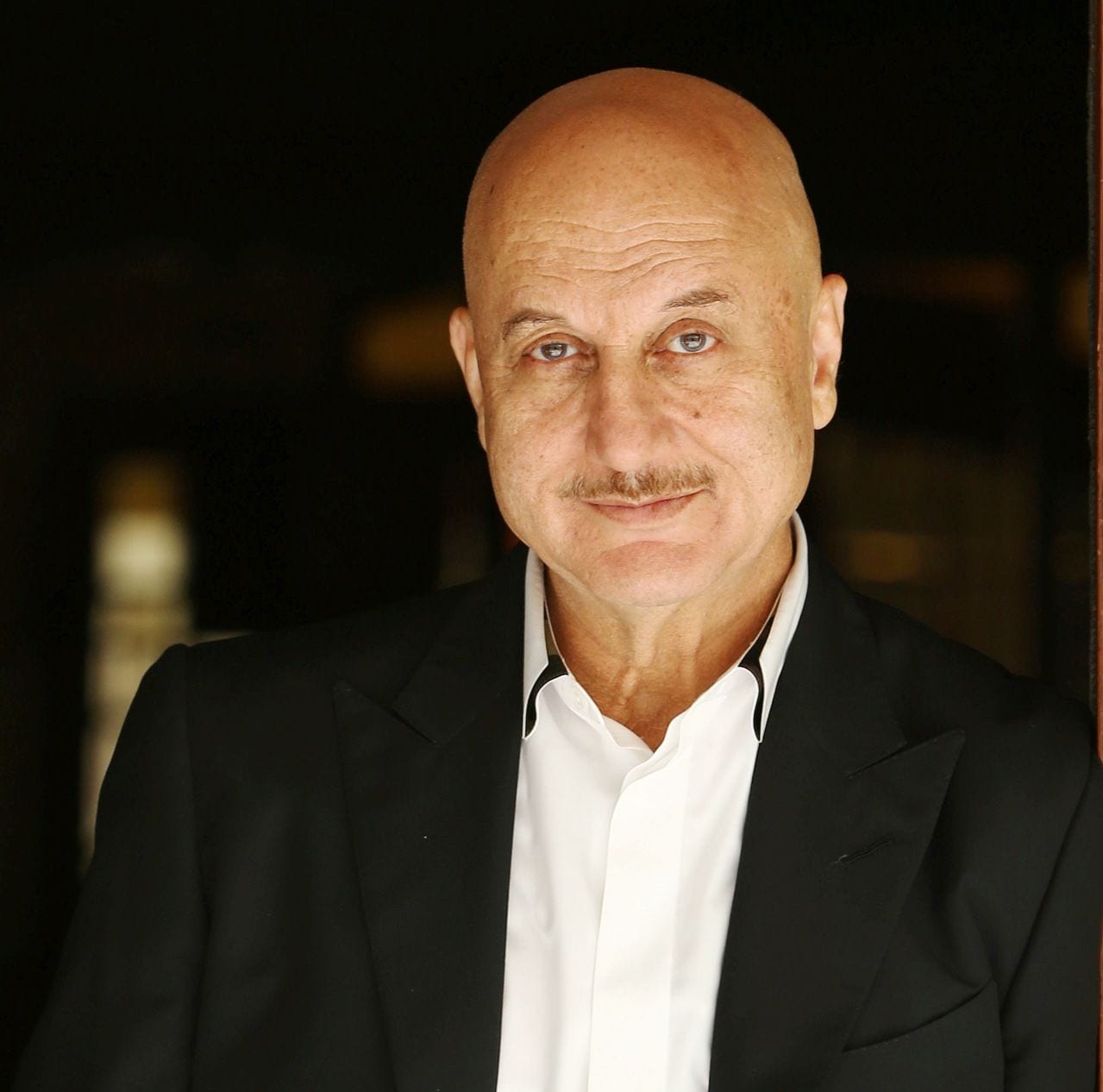
Hotel Mumbai: Abandoned By God
Directed by Anthony Maras, Hotel Mumbai?is based on the real-life terrorist attacks that took place in India in 2008. Playing out more as a dramatic thriller than character piece, Mumbai?is a sobering film that bears even more weight in light of the recent events of Christchurch, NZ. In this regard, Mumbai?features solid performances from leads…



